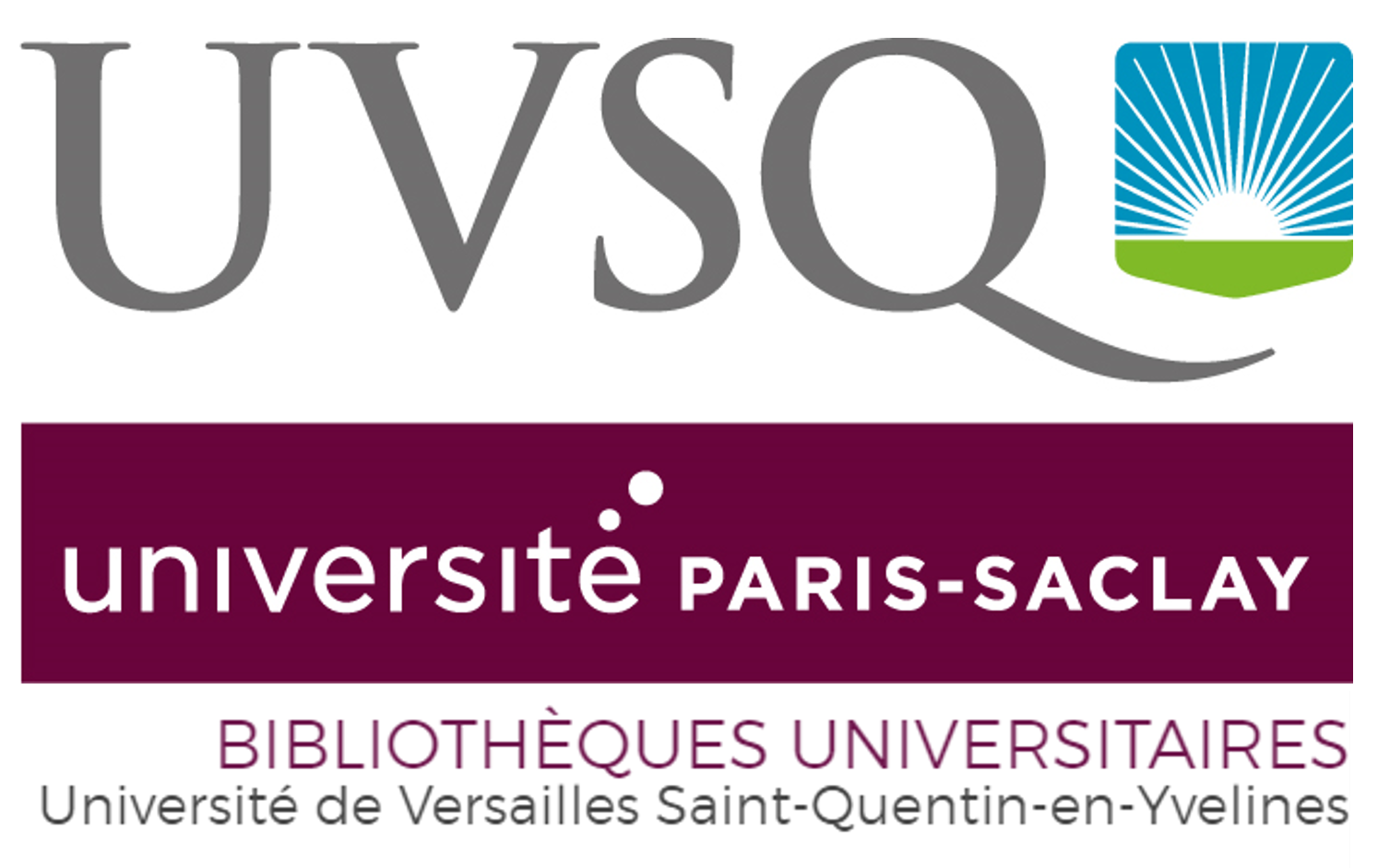Penser l’amélioration des conditions de vie dans des quartiers défavorisés : apports d’une approche ancrée dans l’expérience vécue des habitants
Résumé
In France, some peripheral and deprived neighborhoods suffer from objectively degraded urban and social environments. A specific public policy (known as Politique de la Ville ) aims at reducing social and urban disparities at the national level, and improving people’s quality of living in these neighborhoods. Many studies have demonstrated the limits of current analytical approaches in defining these deprived areas and the ways to renovate them. They also suggest new approaches should consider the territories as well as renovation projects from a dynamic and sociological perspective, starting from a human and social viewpoint. In this research, we attempt to explore and characterize the living conditions of people in such deprived areas, starting from their own experience of place, using ethnographic approaches to collect narratives of people living in these neighborhoods. We provide insights on the kind of data we were able to collect, and show the discrepancies between the way people actually experience their neighborhood, and the projected vision of these territories conveyed by experts (urban planners, Politique de la Ville analysts, public health engineers…) or decision-makers. We point at undertheorized aspects in current policies focusing on urban renovation that do not address properly affective, relational, and symbolic dimensions attached to the experience of living somewhere. We argue that collecting local residents’ (historicized) experiences, while avoiding pre-established analytical categories, raises deep epistemological questions between naturalistic and anthropological approaches, and we suggest that this could open perspectives for urban planning and renovation, and research opportunities on citizen participation and the meaning we give to it.
La politique de la ville et les projets de renouvellement urbain tentent de restaurer cohésion urbaine et sociale au sein des territoires, et d’améliorer les conditions de vie des habitants des quartiers dits prioritaires depuis plusieurs dizaines d’années. Les bilans de ces interventions montrent des résultats mitigés, et de nombreuses voix suggèrent un changement radical d’approche pour mieux considérer les habitants et le potentiel de ces quartiers. Notre démarche propose de partir de l’expérience de vie des habitants pour comprendre leur rapport au cadre de vie, en prenant appui sur les résultats d’enquêtes, inspirées d’approches ethnographiques. Nous présentons les dissymétries repérées entre les postures naturalistes caractérisant l’expertise et les politiques urbaines sur ces territoires, et une posture humaniste, centrée sur le vécu des habitants, montrant que l’expérience d’habiter un lieu s’exprime à travers d’autres mots et d’autres heuristiques. Nous discutons des apports de ce changement d’ordre épistémologique pour dépasser certaines limitations des catégories analytiques préétablies et révéler des impensés dans la manière d’évaluer la qualité du cadre de vie et de penser son amélioration.

